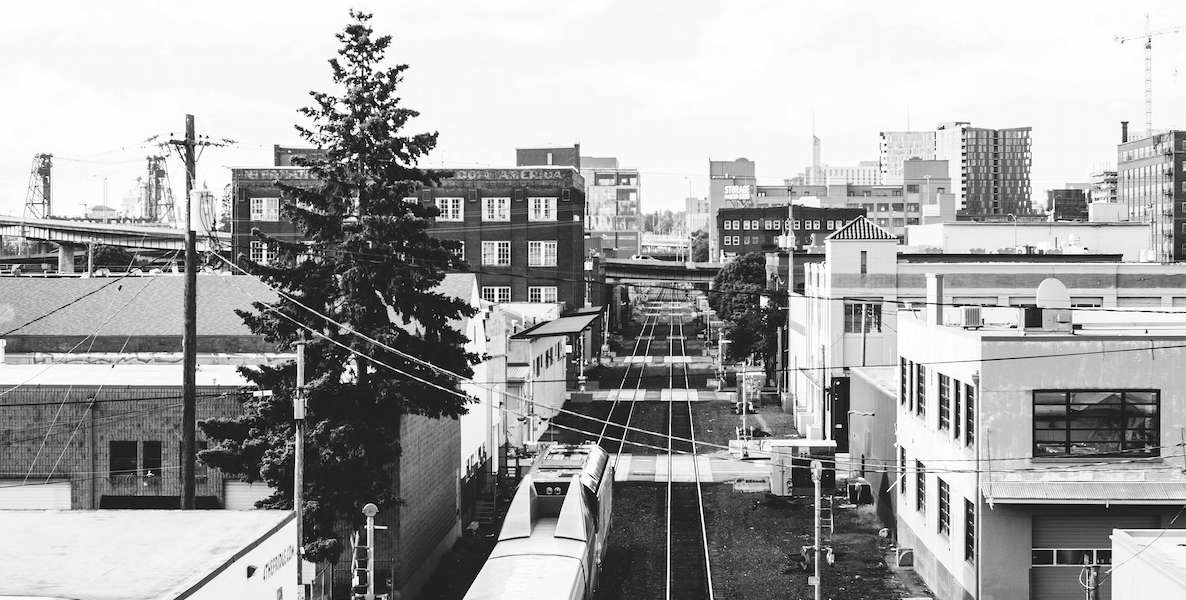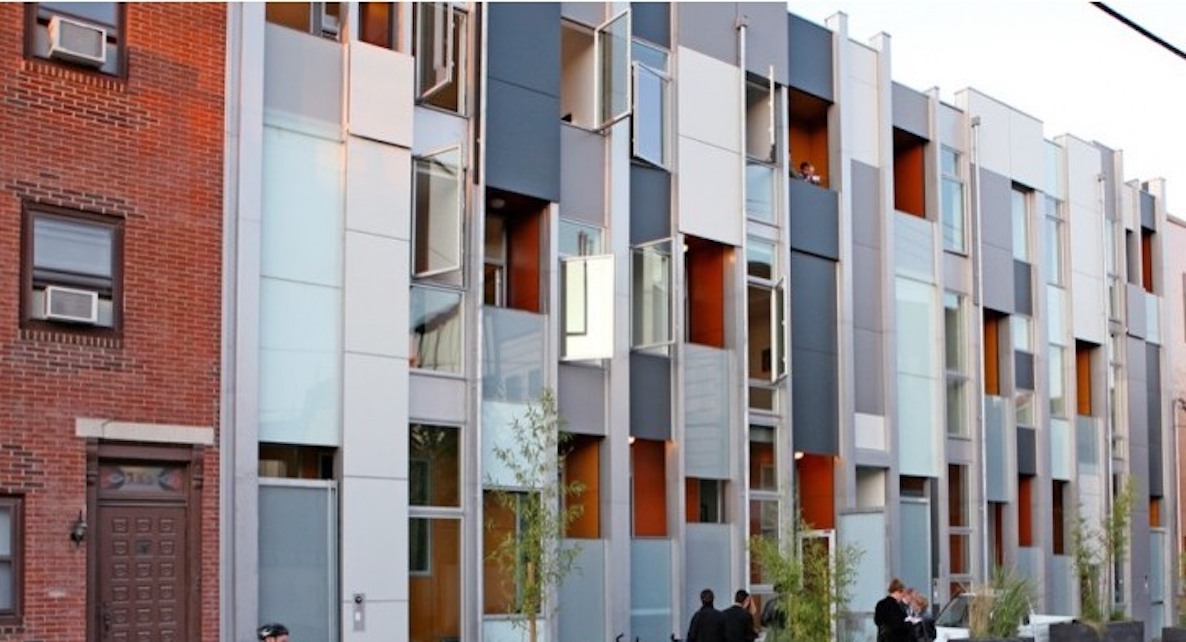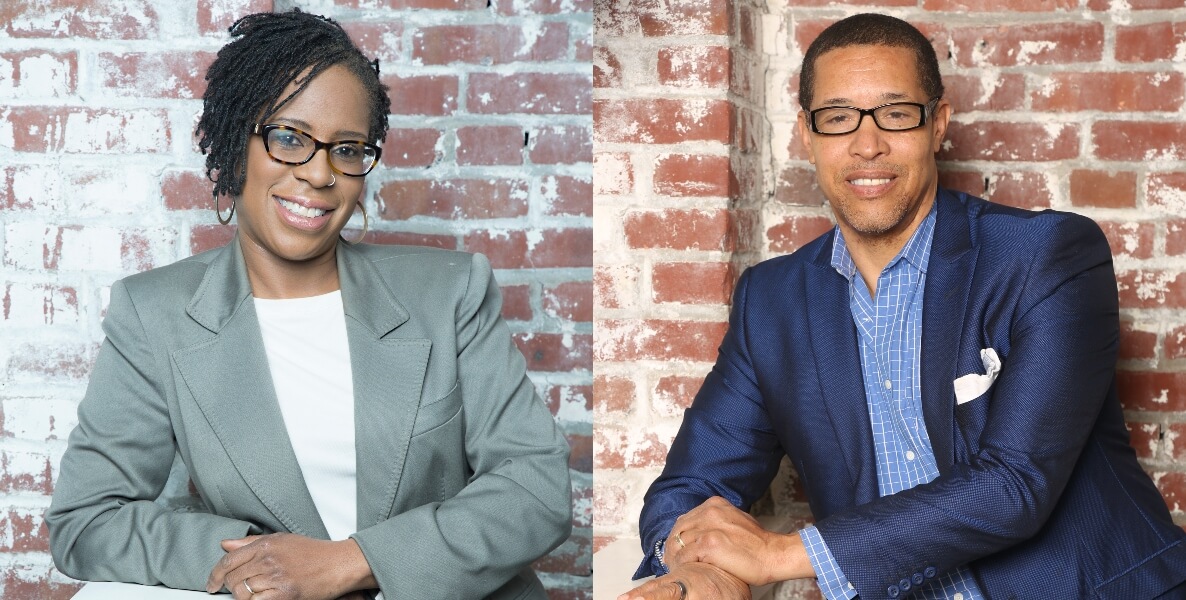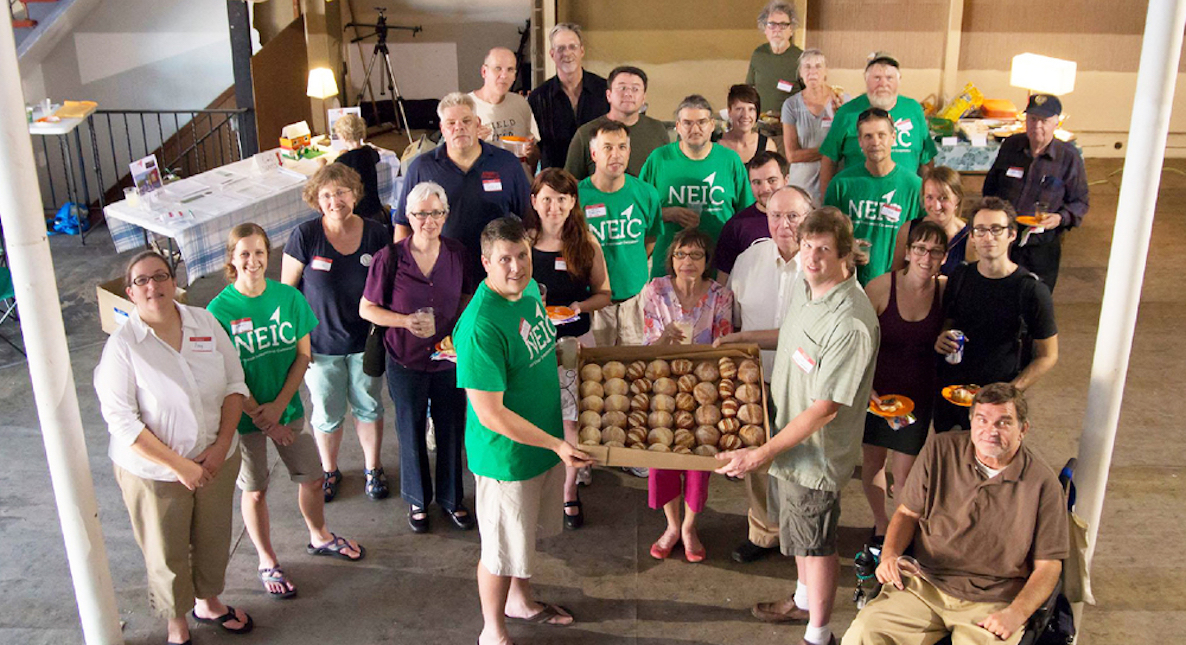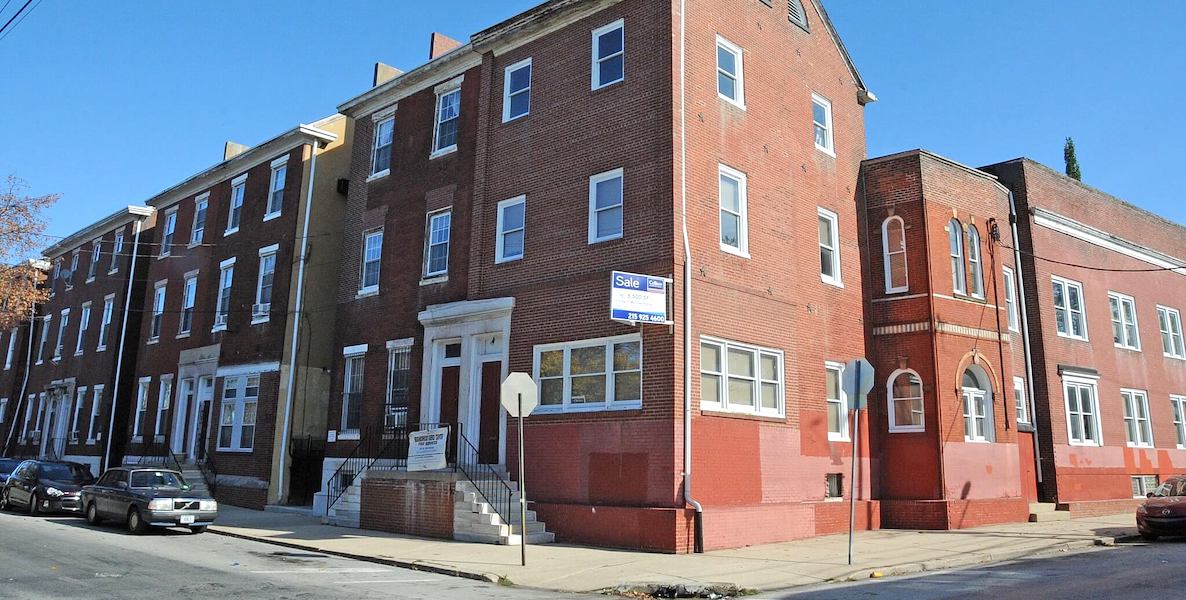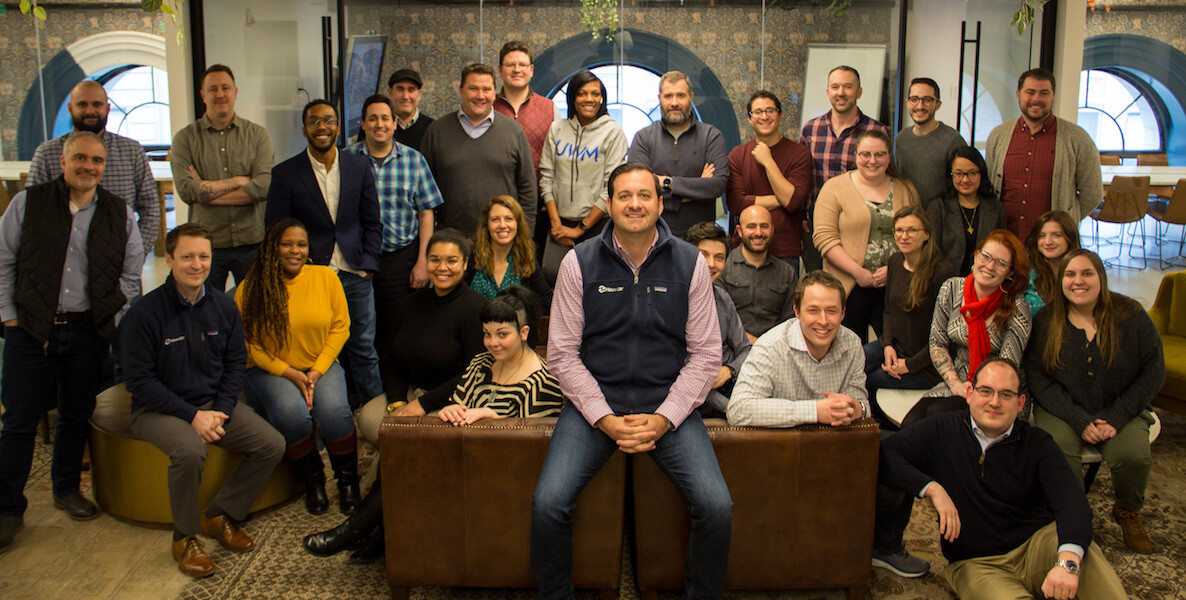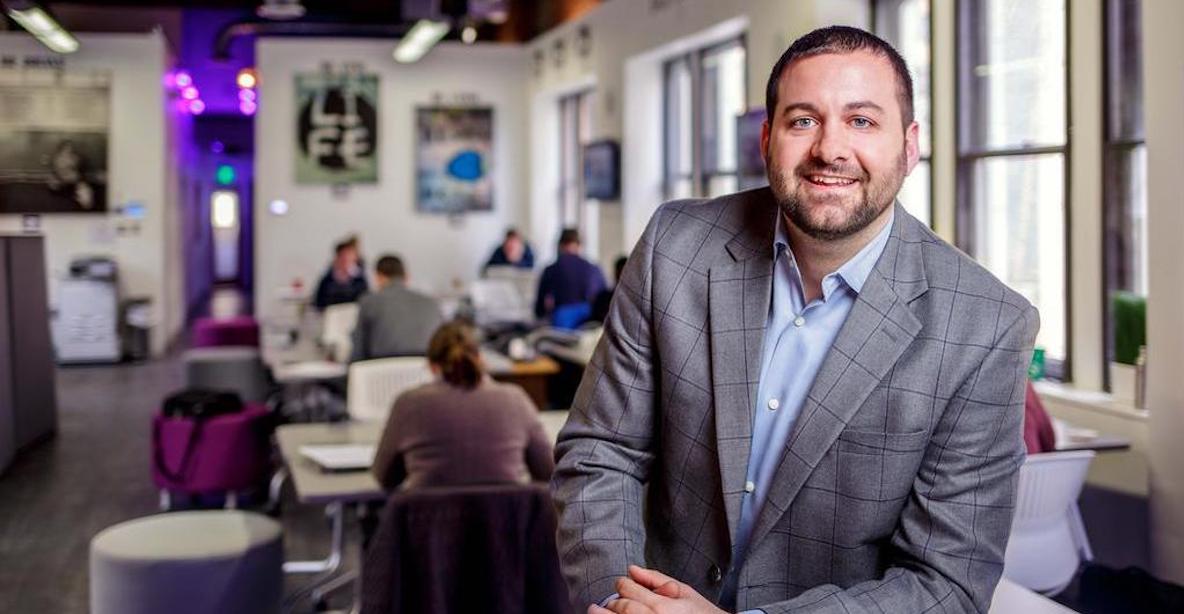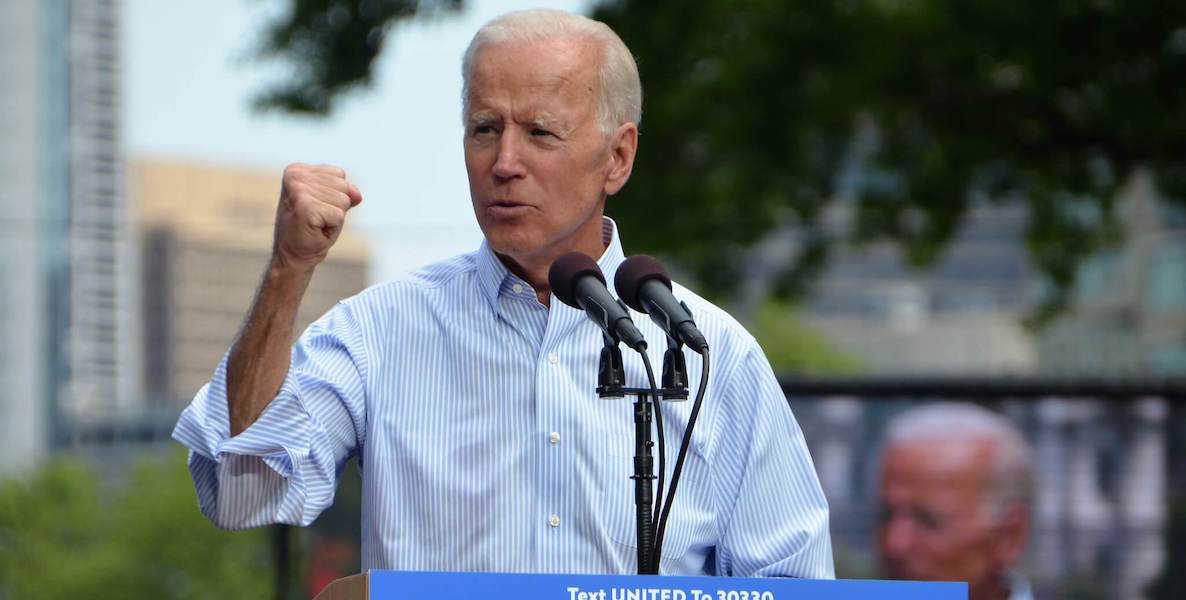As a first grader in Cape May Courthouse, New Jersey, Mike Maher launched his earliest small business: selling Blow Pops and construction paper.
“Back in the day, colored paper was in high demand and kids always like candy, so I thought it was a great way to subsidize my own love of art and candy,” Maher says, laughing at the memory.
![]() Now, as the CEO of Philly-based Houwzer—the five-year-old real estate brokerage firm that’s disrupted the industry both by employing salaried (versus commissioned) agents, and committing so deeply to doing good that they’re a certified B Corp—Maher is continuing to recognize needs where others miss them, with a deep sense of empathy, hard work and service.
Now, as the CEO of Philly-based Houwzer—the five-year-old real estate brokerage firm that’s disrupted the industry both by employing salaried (versus commissioned) agents, and committing so deeply to doing good that they’re a certified B Corp—Maher is continuing to recognize needs where others miss them, with a deep sense of empathy, hard work and service.
A sound direction
Long moved by Toms Shoes and Warby Parker, Maher knew there was no practical way to introduce a one-for-one model for homes. But reading Richard Rothstein’s The Color of Law and learning more about the demographic that the United Way and others have dubbed ALICE—asset limited, income constrained employed—prompted his latest venture.
Just this month, Houwzer announced a new, nonprofit RiseUp Fund: Starting in 2021, for every home sold, Houwzer will commit $100 to help provide down payment and closing cost assistance to the underserved.
“I’ve always said that Philly’s biggest challenges are also our biggest opportunities,” Maher says. “If we looked at the next 50 years at the issues we have with schools and poverty and crime, what a turnaround story that would be. And who doesn’t love a good turnaround story?”
“The mission will be to accelerate the generational, upward mobility of the underserved through homeownership,” Maher says. “We looked at the resources we had: agents in the field who can probably find off-market deals to acquire property; mortgage advisors who can help clients get their credit in good standing; and so on” and figured out how to maximize both for the greater good.
Over the next 12 months, Houwzer expects to do close to 1,500 transactions in the markets it serves—meaning the fund will have, at a minimum, $150,000. But they’ll also invite sellers, who on average save $15,000 by working with Houwzer, to match that $100; that could bring the projected pot to $300,000. They’ll invite employees to donate around the holidays, potentially raising that pot higher still. And while $300,000 can only go so far, imagine what they can do as the company continues to grow.
Benjamin J. Keys, associate professor of real estate and finance at the Wharton School of the University of Pennsylvania, says that the running theme in both Houwzer’s for-profit and nonprofit arms is this idea that when it comes to real estate “small changes can add up to huge things, simply because the market’s so big.” Consider, he says, that in 2018, the National Association of Realtors reported that there were 5.3 million homes sold in the U.S.
“If Houwzer was able to set themselves up and say This is a cause that we believe in, and we think that every realtor should do this and if for every home transaction in America, $100 was set aside, now you’re talking about $500,000,000. That’s a huge number,” he points out.
Scaling is certainly top-of-mind for Maher. The company’s focus is on expanding not in places like New York or LA or Seattle, where the market’s so inflated, but in Nashville, Raleigh, Columbus, for example, with an eye towards the $200,000 to $800,000 market.
It’s a sound direction, Keys says: “You don’t have to dominate the whole market. You don’t have to take over and be a monopoly. You can run a very successful business just by disrupting a small slice of the brokerage market.”
An instinct to disrupt
![]() It’s likely that no one who knew Maher as he was growing up down the Shore would be surprised to see the success he’s having at Houwzer, which he co-founded in 2015 and has since grown from Philadelphia to Baltimore, D.C., and Orlando, while attracting big-name investors like David Robinson’s Admiral Capital Group and Mo Bamba, of the Orlando Magic.
It’s likely that no one who knew Maher as he was growing up down the Shore would be surprised to see the success he’s having at Houwzer, which he co-founded in 2015 and has since grown from Philadelphia to Baltimore, D.C., and Orlando, while attracting big-name investors like David Robinson’s Admiral Capital Group and Mo Bamba, of the Orlando Magic.
This was, after all, a guy who not only graduated as salutatorian of his high school class, but went on to the Naval Academy (Robinson’s alma mater), where he was a co-captain of the soccer team.
“My dad was a career law enforcement officer and had done ROTC at Penn State to pay for school, and from a very young age he encouraged me to serve in some capacity,” Maher says of his early role model.
Service may have been his guiding star, but Maher questioned authority along the way, too.
“When I first joined the ecosystem here, other people had built a foundation that was sturdy. And now you’re starting to see the first floor go up. What’s most fascinating to me is when you see the second story eventually go up,” Maher says.
“One buddy wrote something in my yearbook that said I was ‘a walking contradiction,’ because I got into a lot of trouble at the Naval Academy, just doing stupid things. But then I always won competitions for things like having a great closet and great uniform, because I was always squared away,” he says.
When he left the military in 2012, it may have been that instinct to disrupt that led Maher to Philly, where he co-founded the co-working space Benjamin’s Desk.
He didn’t know much about business at the time—had no idea what the phrase “venture capital” even meant—but he did start to circle in the orbit of Philly’s business ecosystem.
He remembers the excitement in Philly at the time over titans like Pete Musser, Ira Lubert and Josh Kopelman. “There was Philly Startup Leaders, all this stuff was happening,” he recalls. And he was amazed that if he reached out to people, they actually responded! And if he acted upon their advice and circled back, they responded even more favorably.
“If you were willing to put the time in and say Hey, my name’s Mike, I want to do X,Y,Z in the next 12 months, and then they say Hey great to meet you, Mike, but go do X,Y,Z, and if you come back and say I did X,Y,Z but I also did A,B,C, you’re gonna get a meeting. People are very receptive to that in Philadelphia,” he says.
Nick Bayer, CEO of the Philly-based coffee company Saxbys, recognized something special in Maher early on.
“In Mike’s early days of establishing Benjamin’s Desk, he asked me to come in and speak to his team about how we created our mission and core values at Saxbys, the lessons learned in doing so, and why I felt they had become a competitive advantage for us,” Bayer says. “And I was really impressed by Mike’s curiosity, genuineness and ability to dream big.”
Now, says Bayer, “It’s been amazing to watch Mike not only scale Houwzer—against large, established competition—but to do so in a way that’s true to his personal beliefs and in conjunction with being a great father and husband. It’s very difficult to be a triple threat—which I define as a present, committed and impactful leader to your family, business and community—but Mike makes it happen, and the sky’s the limit for him.”
A duty to go big
Bayer might not know this, but Maher credits the Philly coffee king with being a profound inspiration. He says that, early on, Bayer instilled in him the importance of not waiting to be a big corporation before you start giving back.
And so early in Houwzer’s development, the company implemented community-driven practices like asking employees to commit to volunteer for at least 50 hours a year in the neighborhoods they serve.
“One buddy wrote something in my yearbook that said I was ‘a walking contradiction,’ because I got into a lot of trouble at the Naval Academy, just doing stupid things. But then I always won competitions for things like having a great closet and great uniform, because I was always squared away,” he says.
In addition to launching the RiseUp Fund, Maher hopes to be able to continue to grow at the company’s current staggering rate of 2 times, year-over-year. They’re not just one of the fastest-growing companies in Philly but one of the fastest-growing brokerages in the country. And in a year when so many people have lost their jobs, Houwzer’s staff grew; in 2020 alone, they hired 57 people, bringing their total employee count 114.
![]() Maher has his eye on growing big enough to eventually go public, but he’s not set on a deadline. “Rather than building a company to sell, I think about the fact that there’s this big problem, we’re trying to solve it, we think we’re uniquely different, we think we want to align all of the incentives so that our communities, our employees, our clients can win,” he says. “And in order to do that, we really want to achieve a level of scale—and one instrument to do that is to go public where you can raise a lot of capital, you can create liquidity for a lot of people, and then go build a really, really compelling business, an enduring business for the long term.”
Maher has his eye on growing big enough to eventually go public, but he’s not set on a deadline. “Rather than building a company to sell, I think about the fact that there’s this big problem, we’re trying to solve it, we think we’re uniquely different, we think we want to align all of the incentives so that our communities, our employees, our clients can win,” he says. “And in order to do that, we really want to achieve a level of scale—and one instrument to do that is to go public where you can raise a lot of capital, you can create liquidity for a lot of people, and then go build a really, really compelling business, an enduring business for the long term.”
As part of the Hero Plan—Houwzer Employee Retention and Ownership—every employee, based off of time and tenure, gets stock in the company. Every employee. Which means they all stand to benefit should Houwzer go public.
And beyond his own team and his investors, Maher says he feels a duty to go big as a means of supporting Philly, the city that has given so much to him.
“The best judge of an ecosystem, I think, is frankly: How many big companies have you produced, and are there other companies being built from the tree, so to speak, of these other companies?” He cites goPuff and Guru and Crossbeam and Fishtown Analytics as signs of real momentum here.
“We’ve always had a little bit of momentum, like series A investments, but now you have series B, series C, and big valuations. When I first joined the ecosystem here, other people had built a foundation that was sturdy. And now you’re starting to see the first floor go up. What’s most fascinating to me is when you see the second story eventually go up—when companies start selling, and you have founders investing in [other] early stage companies, and you have these [former] VPs of products who are now founders and CEOs. That’s coming in the next 5 to 10 years to Philly, and that’s incredibly exciting.”
For now, Maher will continue to focus on lifting not just our business sector, but the city at-large. “I’ve always said that Philly’s biggest challenges are also our biggest opportunities,” he says. “If we looked at the next 50 years at the issues we have with schools and poverty and crime, what a turnaround story that would be. And who doesn’t love a good turnaround story?”
Mike Maher with Houwzer employees


